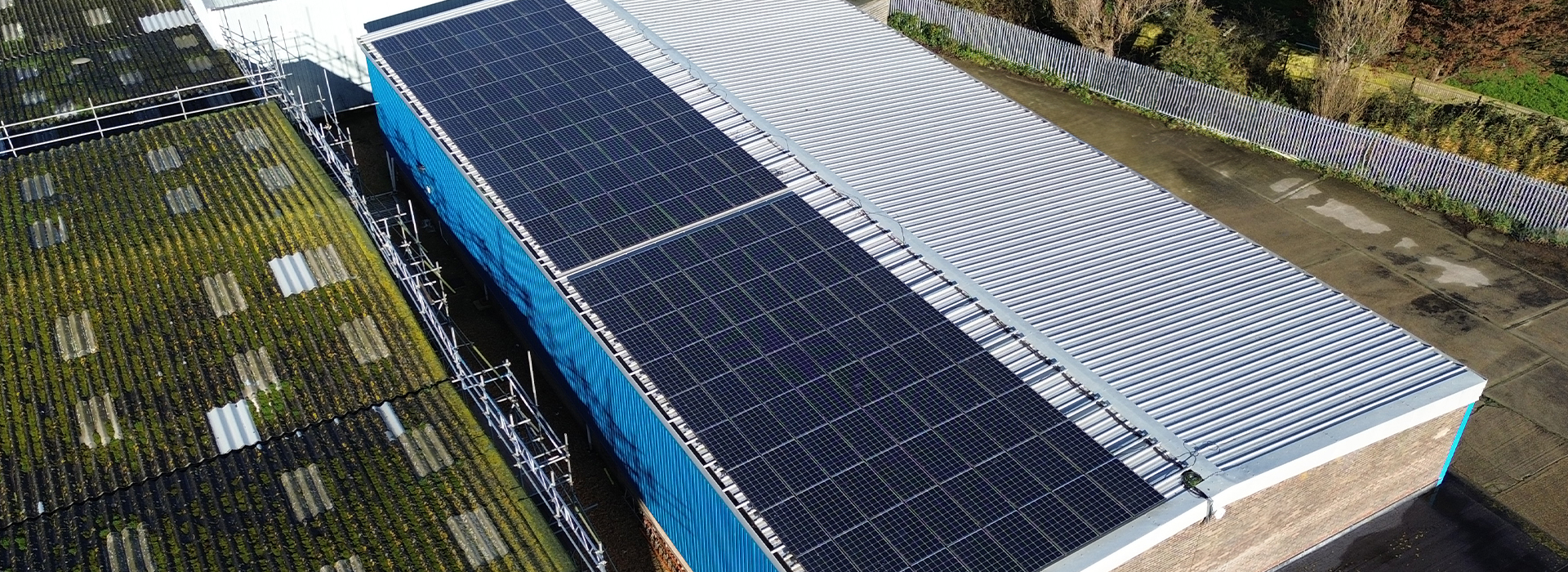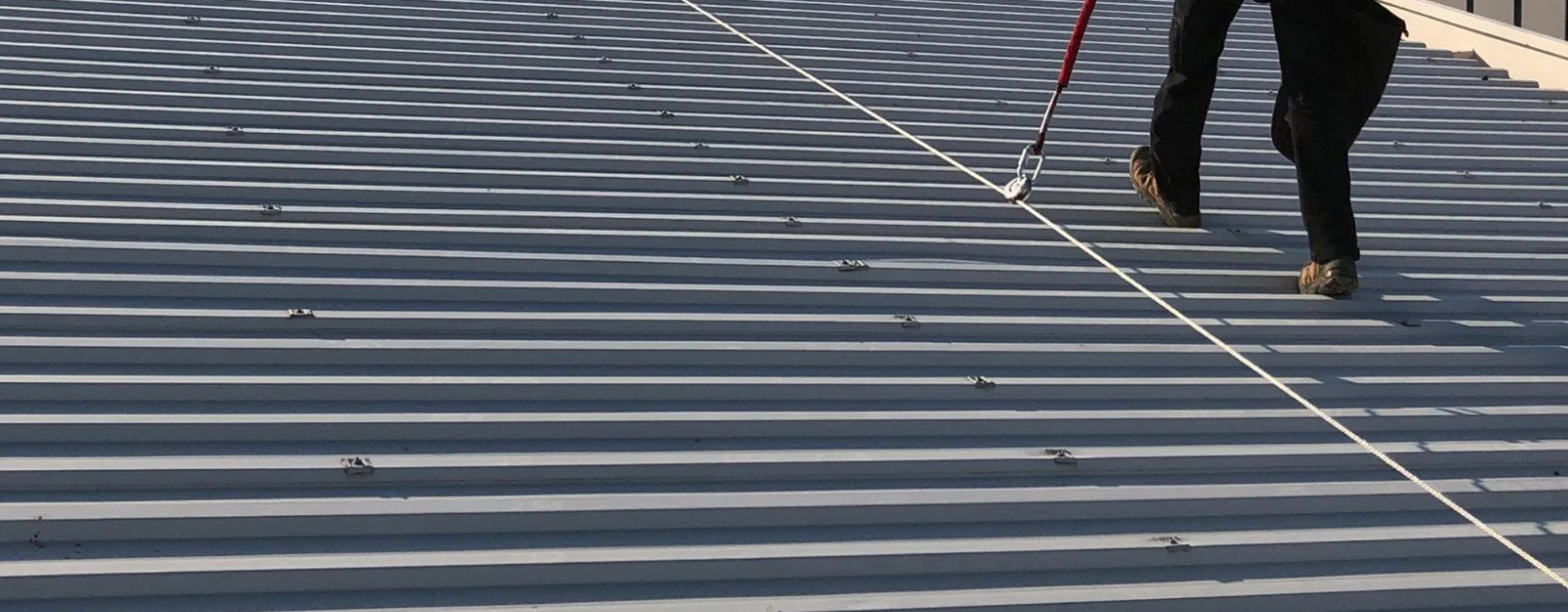Ensuring the safety of employees and contractors in industrial and commercial buildings is a paramount concern for businesses across the UK. Among the various safety protocols that companies must adhere to, roof access safety is one that often gets overlooked until it’s too late. Regular roof access safety audits are not just a regulatory requirement; they are a critical component of a comprehensive safety strategy. In this post, we’ll delve into the importance of these audits and why they are essential for any business with roof access points.
Compliance with Health and Safety Regulations
In the UK, the Health and Safety at Work Act 1974 mandates that employers must ensure the safety of all their workers, which includes safe access to and from the roof. The Work at Height Regulations 2005 further emphasise the importance of taking precautions to prevent falls and injuries. Regular roof access safety audits help businesses stay compliant with these laws, avoiding potential fines, legal action, and damage to reputation.
Preventing Accidents and Fatalities
Falls from height remain one of the leading causes of workplace injuries and fatalities in the UK. Roofs present numerous hazards, including fragile surfaces, unprotected edges, and adverse weather conditions. Regular safety audits can identify these risks and ensure that appropriate measures—such as guardrails, safety nets, or personal protective equipment (PPE)—are in place. By proactively addressing these dangers, companies can significantly reduce the likelihood of accidents.
Protecting Employees and Contractors
Employees and contractors who work on roofs are often exposed to higher levels of risk compared to those working on the ground. A safety audit ensures that the roof is accessible only to those who are trained and equipped to handle the risks involved. Moreover, it confirms that access points, ladders, and other means of roof entry are secure, well-maintained, and clearly marked.
Extending the Life of Roofing Infrastructure
Regular safety audits are not only about preventing accidents but also about maintaining the structural integrity of the building. By regularly inspecting the roof and its access points, potential issues such as leaks, structural weaknesses, or wear and tear can be identified and addressed early. This proactive approach helps in extending the lifespan of the roof and reduces the need for costly repairs or replacements.
Minimising Business Disruptions
An accident on the roof can have severe consequences for business operations. Not only could it result in injury or death, but it could also lead to investigations, fines, and work stoppages. Regular roof access safety audits minimise these risks by ensuring that all safety measures are up to date and effective. This helps to keep business operations running smoothly, without the interruptions caused by accidents or safety breaches.
Promoting a Safety-First Culture
Ensuring the safety of employees and contractors in industrial and commercial buildings is a paramount concern for businesses across the UK. Among the various safety protocols that companies must adhere to, roof access safety is one that often gets overlooked until it’s too late. Regular roof access safety audits are not just a regulatory requirement; they are a critical component of a comprehensive safety strategy. In this post, we’ll delve into the importance of these audits and why they are essential for any business with roof access points.
Conclusion
In conclusion, regular roof access safety audits are an essential part of maintaining a safe and compliant workplace in industrial and commercial buildings in the UK. These audits not only help in adhering to legal requirements but also play a crucial role in preventing accidents, protecting employees, and ensuring the longevity of roofing infrastructure. By prioritising roof access safety, businesses can safeguard their most valuable assets: their people and their reputation.
Investing in regular roof access safety audits is not just a legal obligation—it’s a smart business decision that can save lives, reduce costs, and promote a culture of safety throughout the organisation.



